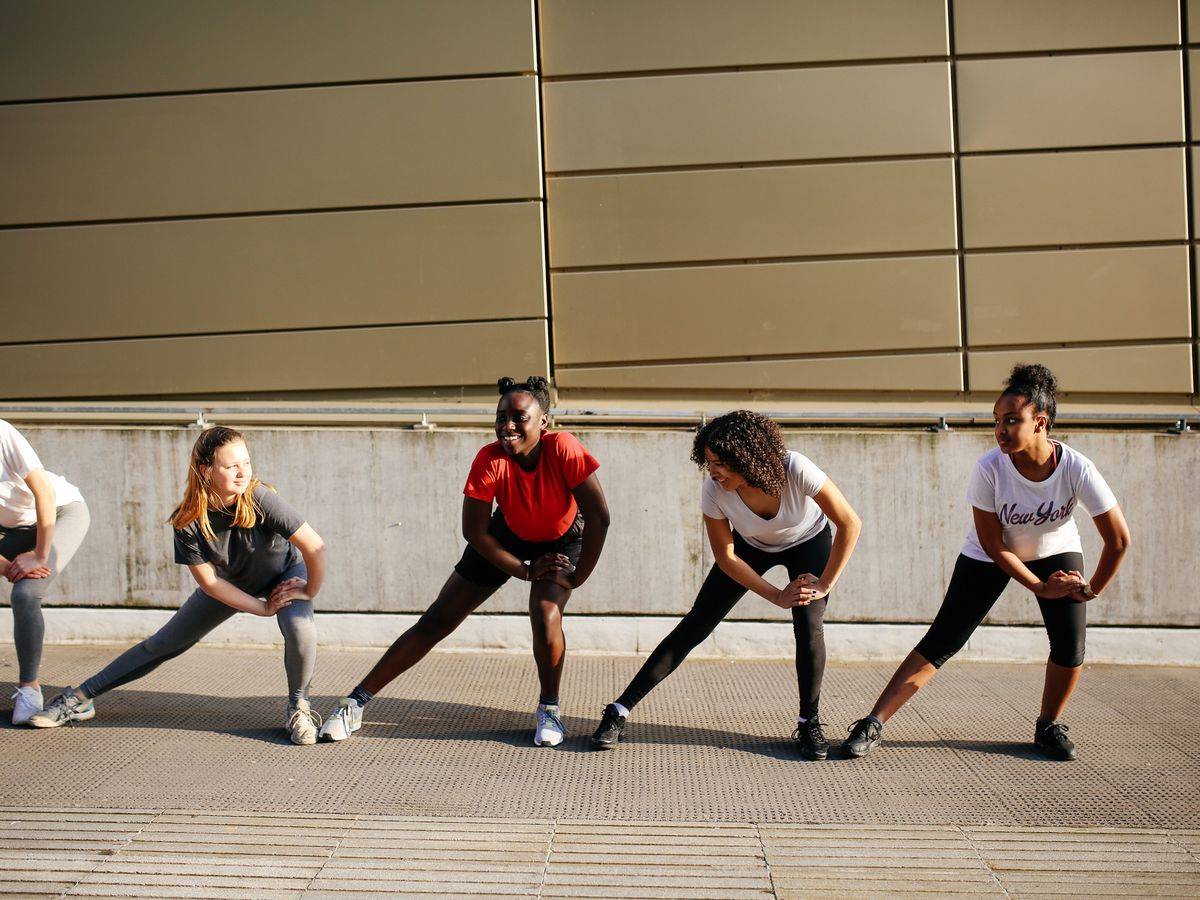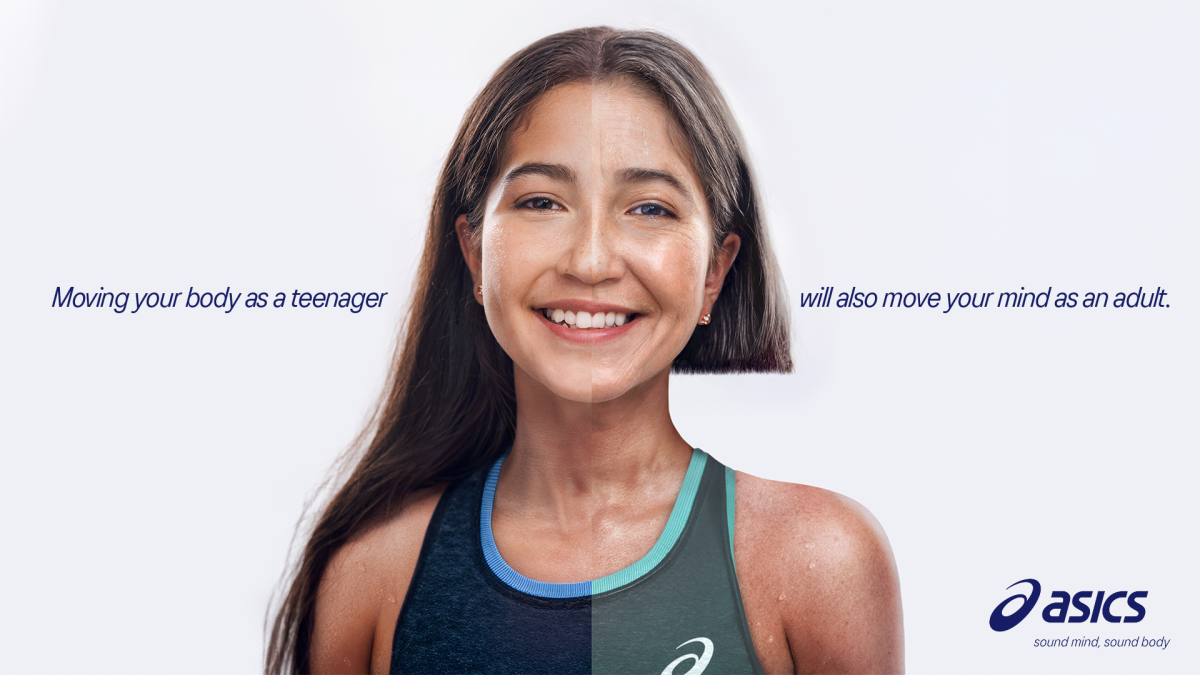Why teenage exercise is essential for better adult mental health, find out
Research uncovers a link between being physically active in teenage years and positive mental wellbeing in adulthood

Dubai: Those who exercise during their teen years grow up as mentally strong adults with better state of minds, a research has revelaed.
The study of over 26,000 respondents conducted by ASICS across 22 countries including the UAE and Saudi Arabia found that the more people exercise, the higher their State of Mind scores.
Across the globe, respondents who are regularly active have an average State of Mind score of 67/100, while inactive people have a much lower State of Mind score of just 54/100. However, in Saudi Arabia, this gap is greater, with active people displaying an average State of Mind score of 74/100 while inactive people score 60/100.
Benefits of teenage exercises
The recent study has highlighted a significant correlation between physical activity during teenage years and mental health later in life when approaching adulthood. Participants who maintained an exercise regimen throughout adolescence reported higher levels of activity and mental wellbeing in adulthood, according to the findings of the ASICS study.
The study, which identified the ages of 15-17 as pivotal for maintaining physical activity, highlighted that dropping out of exercise during these years can have enduring effects on mental state. Those who remained active during this critical period were more likely to sustain their activity levels into adulthood and reported higher mental wellbeing scores compared to their less active counterparts.
Make every moment count, alongside those who count. Find your inspiration with the new NAGINO™ Collection.
— ASICS Europe (@ASICSeurope) April 15, 2024
Shop now: https://t.co/vUeDCYywIZ#SoundMindSoundBody #NAGINOCollection pic.twitter.com/d5sphQlj5U
Poorest mental wellbeing
Notably, individuals who ceased exercising before the age of 15 exhibited the lowest activity levels and poorest mental wellbeing scores as adults. In the United Arab Emirates (UAE), inactive adults reported being 7% less focused, 6% less alert, and 6% less positive than their active counterparts who exercised throughout adolescence.
Declining physical activity
Moreover, the study revealed a concerning trend of declining physical activity among younger generations. In the UAE, only 23% of Generation Z (aged 18-27) reported daily physical activity during childhood, compared to 80% of Baby Boomers (aged 59-77). This generational disparity underscores the urgency of addressing the decline in exercise among youth.
Professor Brendon Stubbs of King’s College London, a leading researcher in exercise and mental health, expressed concern over the decline in activity levels among younger respondents, particularly due to its association with lower wellbeing in adulthood.
Immediate benefits of exercise
The study also shed light on the immediate benefits of exercise, with ASICS research indicating that just 15 minutes and 9 seconds of physical activity can initiate a mental uplift. As such, ASICS reaffirmed its commitment to promoting physical activity among young people, emphasizing its integral role in fostering mental wellbeing.

Ana Seixas, Head of Marketing at ASICS Middle East, underscored the importance of movement for both physical and mental health in today's fast-paced world. She emphasized ASICS' dedication to empowering individuals to lead active lifestyles for a healthier and happier future.
In light of these findings, experts urge for concerted efforts to encourage physical activity among youth, recognizing its profound impact on long-term mental wellbeing. ASICS research shows it only takes 15 minutes and 9 seconds to start to achieve a mental uplift from exercise.

